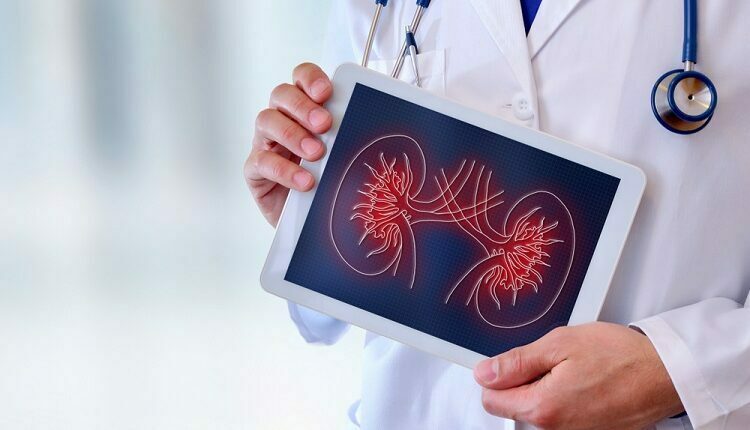6 Tips For Kidney Transplant Recovery
For many patients suffering from kidney failure, a kidney transplant is a life-changing gift that helps them to live a better life. Getting a replacement kidney is often better than continuing dialysis treatments. However, it is critical to take follow-up treatment properly after a Kidney Transplant Cypress to ensure a successful recovery. We have compiled a list of kidney transplant recovery tips to assist you in adapting to your new life after the procedure.
Table of Contents
1. Ensure Positive Mental Health
A kidney transplant is a significant life change that might result in emotional turmoil. Ensure you tell your friends and family if you are experiencing sadness, stress, or anxiety. Immunosuppressive drugs have also been linked to causing mood swings. If you have been on dialysis, you may feel guilty about abandoning other dialysis patients.
Make sure your transplant team is aware of any changes you are experiencing. You should not ignore your emotions and seek assistance as soon as feasible.
2. Eat healthy diet
After a kidney transplant, you need to keep your blood pressure in control. Therefore, you will need to consume low-salt, low-fat meals. If you have diabetes, you must also keep track of your blood sugar levels. The doctor will provide you with a new food plan following your kidney surgery.
3. Stay active
Physical exercise should become a part of your daily routine after your kidney transplant. At the beginning of your recovery, try to walk as much as possible. Then, as time goes on, you may gradually add additional exercises and activities to your weekly schedule. You should receive at least 30 minutes of low-impact exercises five days a week after your doctors allow you to.
4. Keep a Healthy Body Weight
Due to the adverse effects of your new drugs, you are likely to add weight after a kidney transplant. By paying attention to your nutrition and remaining physically active, you may prevent adding excessive weight and maintain healthy body weight. Being obese or overweight raises your chances of developing diabetes or heart disease.
5. Attend all of your appointments
At the start of your kidney transplant recovery, you will have regular visits with your transplant team, particularly in the first year, to evaluate how well you are recovering and look for symptoms of transplant rejection. You will have fewer visits as time goes on, but you will need to attend all your appointments regularly for the doctors to monitor your kidney function and ensure you are taking the correct amount of medicine.
6. Take your medication exactly as prescribed
You have to use immunosuppressive anti-rejection medicine for the rest of your life if you get a kidney transplant so that your immune system does not fight the transplanted kidney. After your transplant, your doctor will give you antibiotics to avoid infection. Follow the transplant team’s instructions for all drugs.
It is crucial to remember that kidney transplant recovery is not a quick process. It will take a long time. Even after you have recovered from surgery, recovery takes time, and many of the changes will be lifelong. Listen to your doctor and follow their medication prescriptions for a successful recovery.
Call Houston Kidney Specialists Center to book an appointment to learn more about kidney transplant recovery.

